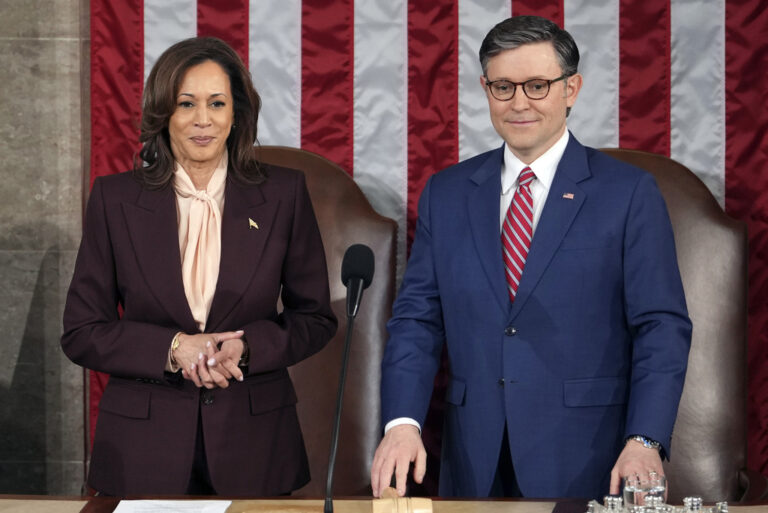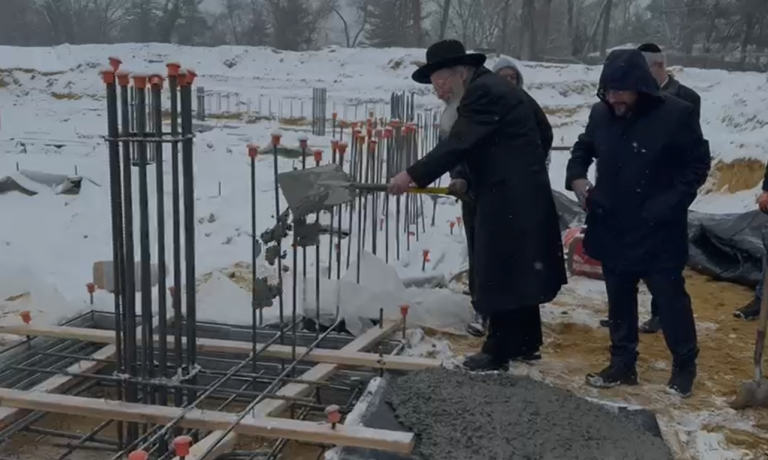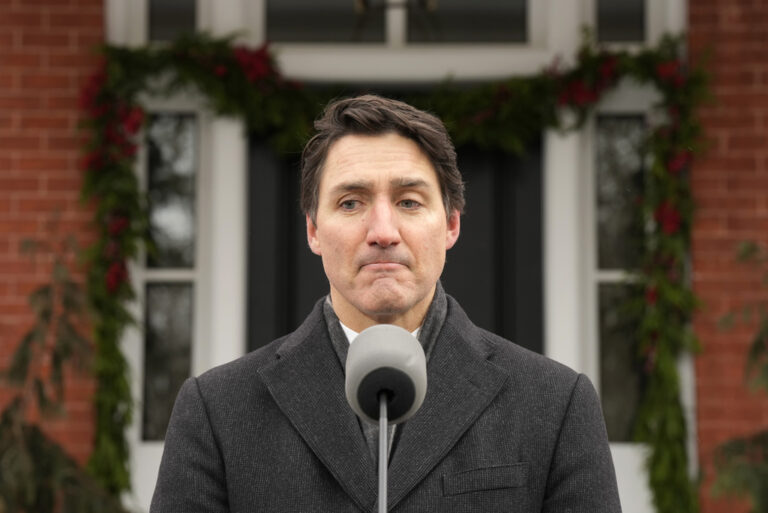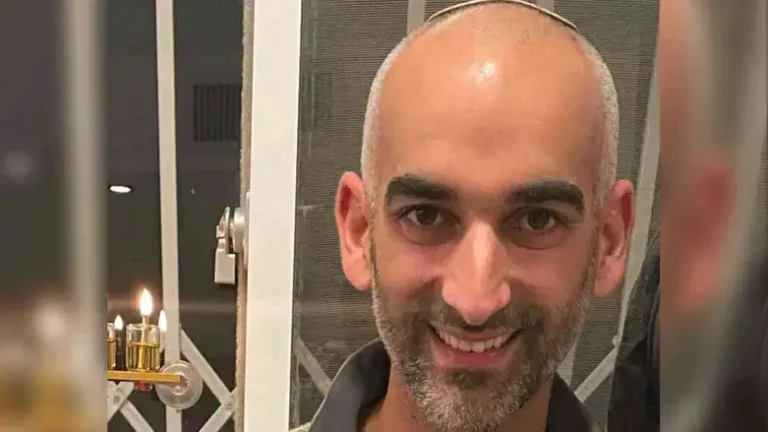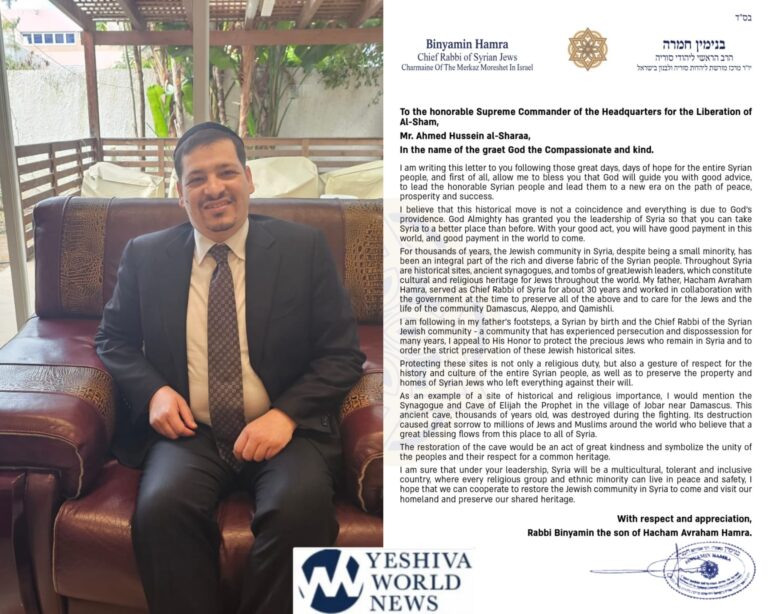 For many House conservatives, President Barack Obama’s decision to delay a central provision of his health care law has emerged as a major arguing point — not against that law but in opposition to immigration legislation
For many House conservatives, President Barack Obama’s decision to delay a central provision of his health care law has emerged as a major arguing point — not against that law but in opposition to immigration legislation
In the weeks since the announcement that employers won’t have to provide health insurance for another year, complaints have increased among House Republicans that they can’t trust the Obama administration to implement any law they pass. That includes strict requirements for immigrants, tighter border security and genuine workplace hiring enforcement.
That refrain is heard often from GOP lawmakers, most of whom now are home for a five-week summer recess that’s expected to feature demonstrations around the country by advocates as well as opponents of a broad immigration overhaul. It’s one more daunting obstacle to House action after Senate passage in June of a sweeping bill to increase border security, remake rules for legal immigration and offer eventual citizenship to the estimated 11 million immigrants already in the U.S. illegally.
“We all take an oath to uphold the laws of this country and our Constitution, and that doesn’t mean you pick the laws you like and you ignore the laws you don’t,” said Rep. Steve Scalise, R-La., who heads the conservative Republican Study Committee in the House. “And yet the president has shown a willingness to be selective in how he enforces laws.”
House Republicans also are skeptical of the comprehensive approach taken by the Senate, preferring to confront the immigration issue in bits and pieces. Many oppose legalization or citizenship for people who crossed the border illegally or overstayed their visas to be in this country.
For some, whether an immigration law would be properly implemented has emerged as a key point, particularly because of the government’s unimpressive record on enforcing past laws on immigration.
Past Congresses called for completing hundreds of miles of border fencing and a biometric entry-exit system at U.S. ports. Neither happened. But the most oft-cited example is the 1986 immigration law signed by President Ronald Reagan, which gave citizenship to some 3 million people here illegally, installed the first requirements for employers to check workers’ legal status and boosted border security. The legalization happened, but the workplace and border provisions proved ineffectual, and the law came nowhere close to its goal of stopping illegal immigration.
“They don’t trust government. You go back to the ’86 legalization where certain things were promised that weren’t delivered,” said Rep. Mario Diaz-Balart, R-Fla., who supports a comprehensive immigration overhaul bill and is part of a bipartisan House group that’s been working behind the scenes for months to write one.
“It has been clearly amplified tenfold by the Obama administration. The most recent example of that was on Obamacare,” Diaz-Balart said. “So our challenge is can we then demonstrate that we can enforce that enforcement.”
Some proponents of an immigration overhaul dismiss the implementation argument as an excuse from House Republicans looking for reasons not to act on a politically explosive issue that some still characterize as amnesty for lawbreakers.
“If that’s the logic, that Obama won’t enforce the law if we pass it, then pass no laws. It’s ludicrous to say that. If the president doesn’t enforce laws, we have ways to go to court and force him, or her, to enforce laws,” said Sen. John McCain, R-Ariz., an author of the immigration bill in the Senate. “Of all the reasons I’ve heard in opposition to immigration, that’s the one that has no validity whatsoever.”
House Speaker John Boehner, R-Ohio, has rejected the Senate’s immigration bill and says the House will proceed with narrowly tailored bills, beginning with border security. Timing is uncertain, especially because the House has only nine legislative days scheduled in September and faces pressing fiscal and budgetary deadlines.
House Homeland Security Chairman Mike McCaul, R-Texas, says he’s spoken with Boehner about action in September or early October on a border security bill approved by his panel in May.
That bill, which has found support among conservative Republicans and liberal Democrats, would require the secretary of homeland security to develop a strategy to gain operational control of the border within five years and a plan to implement the strategy. It calls on the Government Accountability Office to oversee the steps being taken.
The bill doesn’t call for new spending, and stands in contrast to the approach taken in the Senate, where a last-minute compromise designed to attract more GOP votes would provide for a “border surge” with $46 billion in new spending on drones, helicopters and other technology, a doubling of agents patrolling the border with Mexico and hundreds of miles of new fencing.
Even some supporters called the Senate deal overkill, and McCain acknowledged recently that 20,000 additional border patrol agents really weren’t necessary. And although the deal was designed to win over Republicans concerned about border security, it hasn’t convinced many in the House. They describe the Senate approach as throwing money at the problem and complain that it still gives too much discretion to the Obama administration.
McCaul said that his bill, in contrast, would take politics out of the equation by giving oversight to the Government Accountability Office. Now he’s trying to convince skeptical colleagues.
“That’s what I tell my members,” McCaul said, “is that, ‘Yeah, I know you don’t think he’s going to follow anything, but he’s got to report to the Congress and to my committee, and if they’re not following the law, they have to follow the law.'”
(AP)


